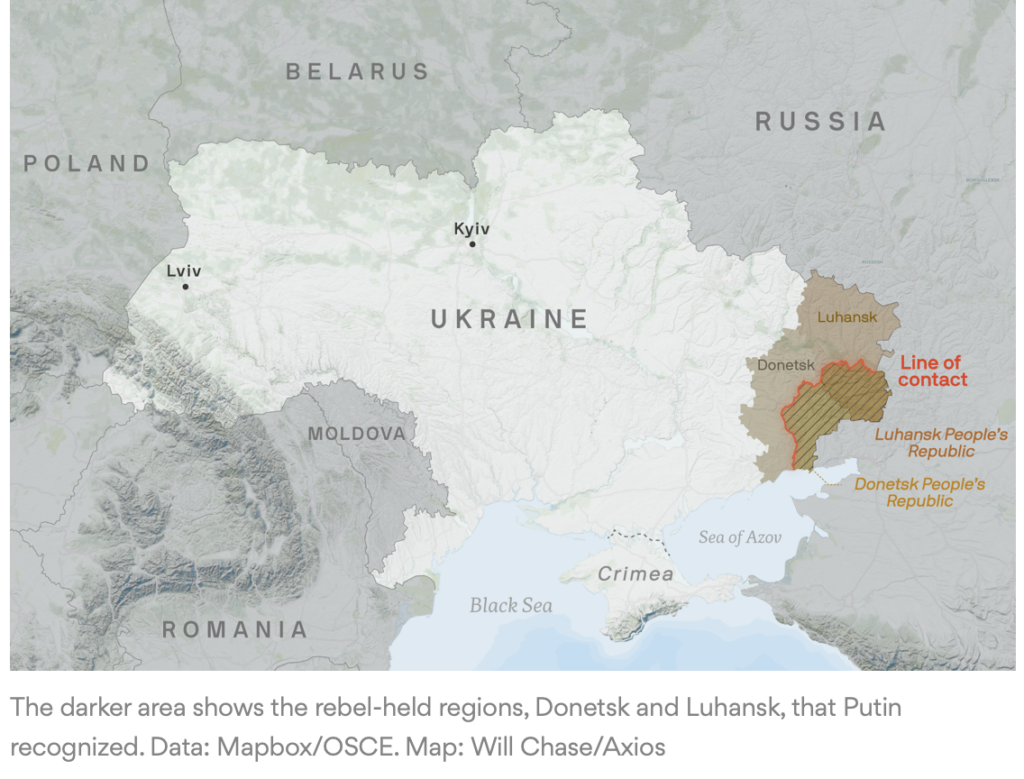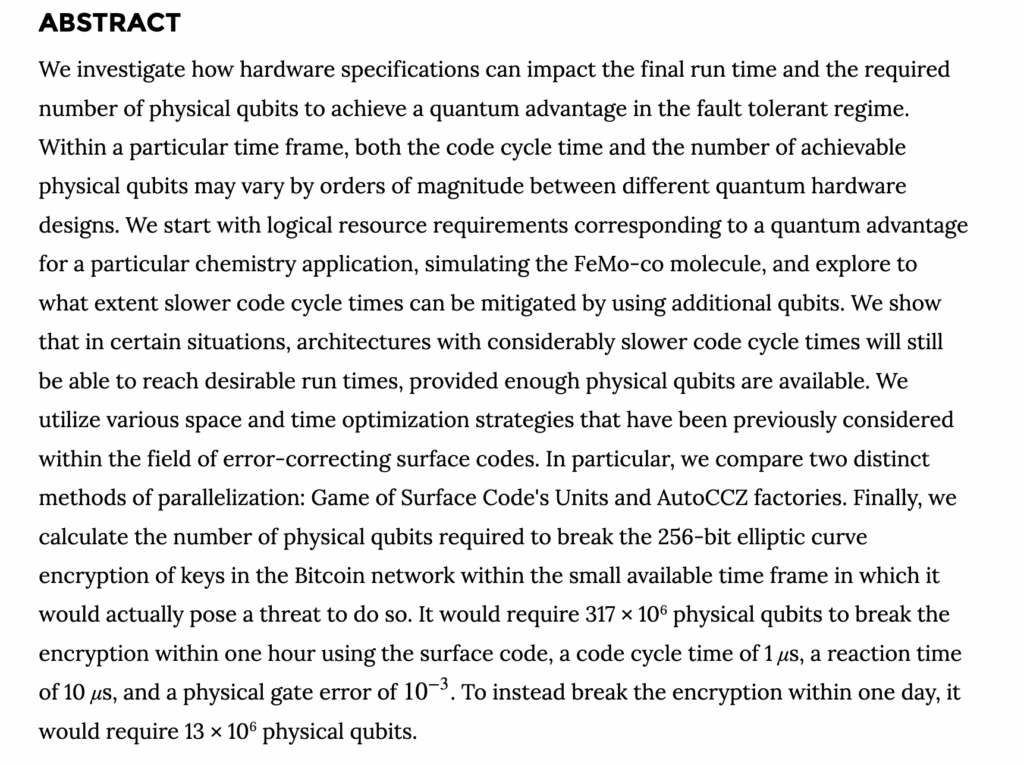Some light in the darkness

Quote of the Day
“Since 1945, Western Europe has enjoyed a holiday from history. That has bred an unearned sense of moral superiority vis-a-vis unluckier people.”
- Simon Kuper, Financial Times 26/27 February, 2022
That vacation has just come to an end.
Musical alternative to the morning’s radio news from Ukraine
Smetana | Má vlast “The Moldau” | Vienna Philharmonic | Barenboim
Long Read of the Day
If you’ve ever wondered how you would cope if you suddenly had to flee your home, then this piece will strike a chord.
The night before Russia started the war, my friends and I met to come up with a plan. None of us really ever thought Kyiv, where we lived, would fall. At worst, we figured there would be some sort of staged terrorist attack in the city to get the government to capitulate, but we decided to have our most important things ready anyway: passports, marriage certificates, cash, watches, jewelry.
I got home around 1 a.m. on Thursday. At 5:30 a.m., a friend called to tell us that there had been an explosion in Kyiv and that a Russian invasion was underway.
My wife and I shot up and started packing. I grabbed my Timberland boots and sneakers, in case we’d have to abandon our car and walk through the forest to safety. We took layers to keep us warm and water bottles. I also packed my computer, phone, chargers, and my Bitcoin hardware wallet. (After becoming a successful poker player, I’d founded an eSports company, Qlash. In the past six months, we had been trying to figure out how to enter the crypto market, and I had invested a bit of my own money.)
Compulsive reading from beginning to end.
Notes apps are where ideas go to die. And that’s good.
Interesting little essay by Matthew Guay which makes those of us who are relentless note-takers a bit uneasy!
We don’t write things down to remember them. We write them down to forget.
Like a hunter/gatherer stashing their prey, the ideas and the links we stumble upon feel valuable, rare, something worth saving. We ascribe value to the time we spend discovering things online. Surely that time wasn’t in vain.
Then we’re burdened with our findings. It’s tough to focus on something new when you’re still holding the old in your mind.
So we write things down. Bookmark them. Add them to our reading list. Highlight our findings. Make long lists and check them twice. We need a cave, a storehouse, somewhere to stash our findings.
Ring any bells with you? It sure does for me.
Think WFH means your boss isn’t watching you? Think again
Yesterday’s Observer column:
And then, in the blink of an eye, working from home had become not just an acronym – WFH – but a cliche and Zoom, like Google before it, had become a verb as well as a noun. The tiresome daily commute shrank to padding from bedroom to kitchen to a laptop on a desk. For an initial period, utopian visions of better work-life balances blossomed. But then the new reality dawned: instead of us going to the office, the office had come to us and we were working, eating and sleeping in it.
Still, we had a bit more autonomy WFH than we had in the office under the beady-eyed surveillance of managers. Or so we thought. But capitalism – and its servant, technology – never sleeps. Those managers, who had always regarded WFH as some kind of work-avoidance scam, realised that digital technology was just the ticket for keeping an eye on their newly remote subordinates. It would make sure that they weren’t idly browsing Pinterest, or bidding on eBay, or doing private emails, or a thousand other unproductive things, on the company’s dime. And so a swarm of tech companies evolved to service those paranoid suspicions. Thus was born the new industry of little tech…
My commonplace booklet
AH 2.0 Nice piece of photoshopping by Quentin.
This Blog is also available as a daily email. If you think that might suit you better, why not subscribe? One email a day, Monday through Friday, delivered to your inbox. It’s free, and you can always unsubscribe if you conclude your inbox is full enough already!








